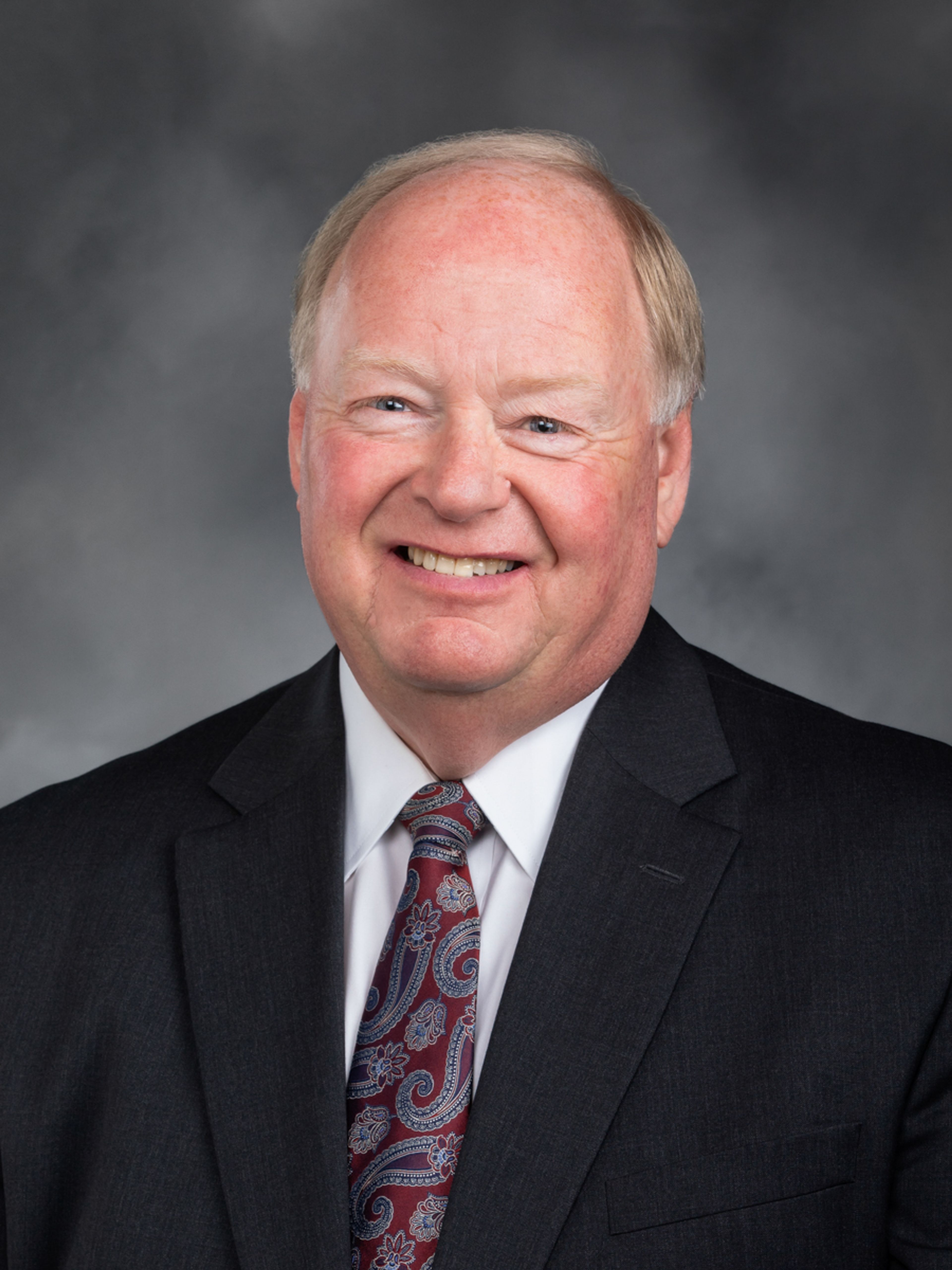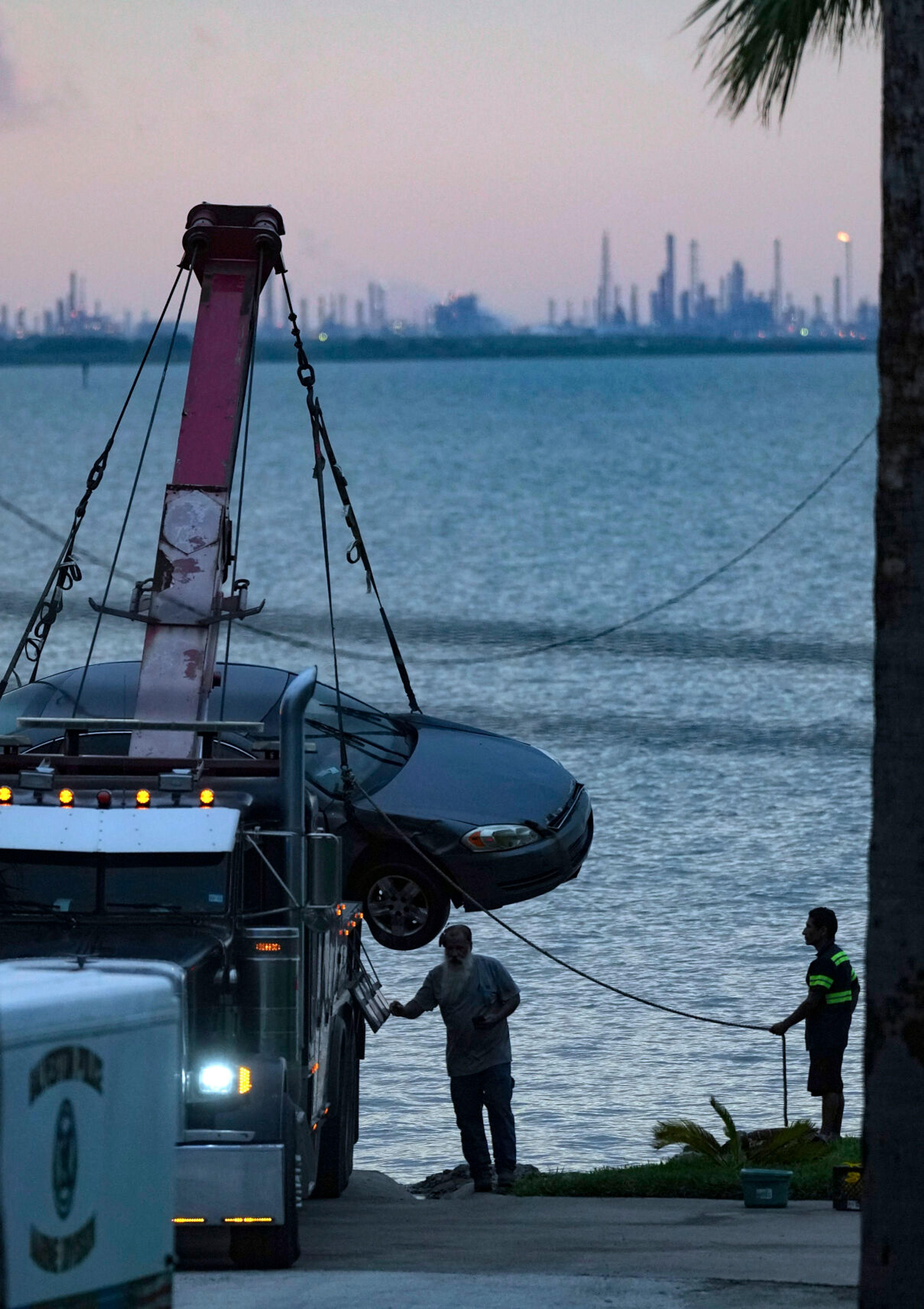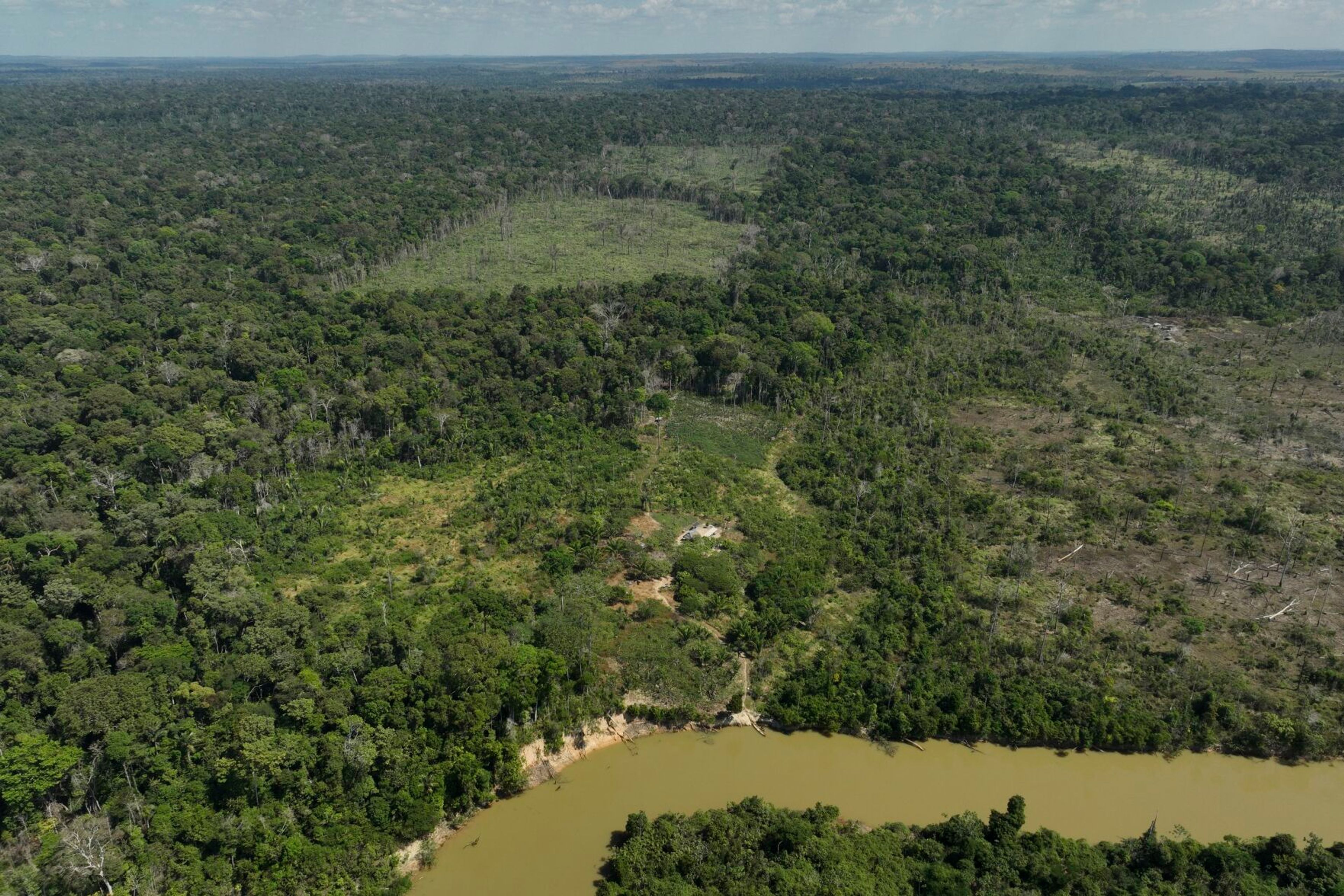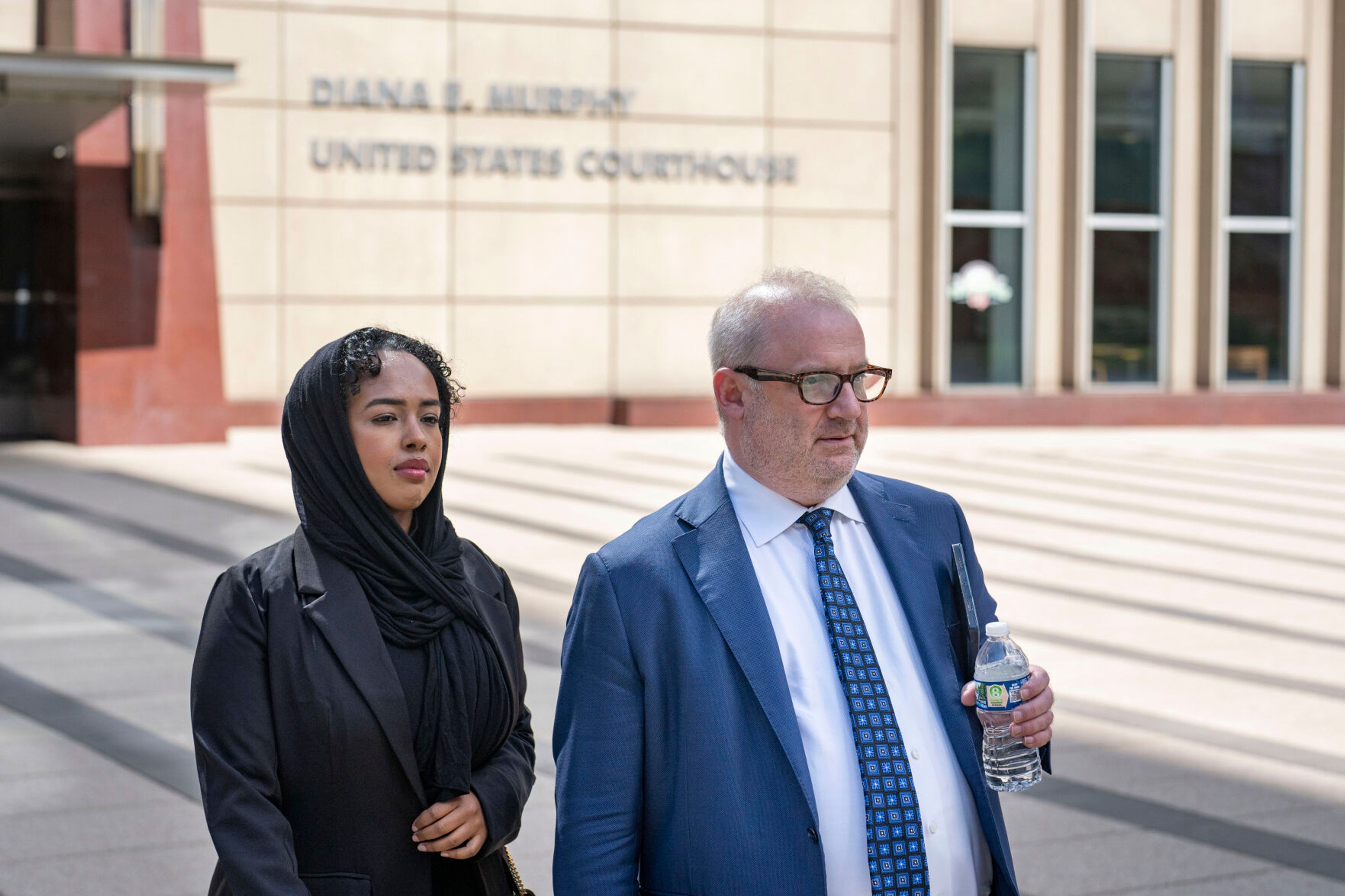The Nez Perce Tribe will begin to use its own jurisdiction for tribal victims of certain crimes like domestic violence even if the offender is nontribal.
Beginning Oct. 1, the 2022 Violence Against Women Act as authorized by the U.S. Congress gives tribes Special Tribal Criminal Jurisdiction within the reservation for certain crimes, including assault of tribal justice personnel, child violence, dating violence, domestic violence, obstruction of justice, sexual violence, sex trafficking, stalking and criminal violations of protection orders. Tribes can only exercise the jurisdiction if the victim is a tribal member, except for crimes involving assault on tribal justice personnel or obstruction of justice, according to a news release from the Nez Perce Tribe.
Nez Perce Tribe Prosecutor Anne Kelleher said the process began in 2013 when the first Violence Against Women Act was passed by Congress. One of the requirements of the act was to have a law-trained judge, prosecutor and public defender, which the tribe already had in place. The real work was revising the code to allow the special jurisdiction.
The code revisions were worked on through the years and then the Violence Against Women’s Act was again passed by Congress in 2022. Kelleher said the tribe looked at the differences between the 2013 act and the 2022 act and decided to make the revisions needed to fit the most recent act.
The process took a long time to make sure the language was correct but Kelleher worked with the tribal council, neighboring counties and the Office of Legal Counsel, as well as learning from other tribes that already enacted the Violence Against Women Act. That process was completed and the final stage is to present it before the tribal council and then to the tribal members for comment.
The act does come with some funding and the tribe will be able to reimburse the federal government for prosecutor and public defender costs in cases where the defendant is nontribal.
Implementing the Violence Against Women Act will help resolve jurisdictional gaps to protect residents of the Nez Perce Reservation against those crimes of violence. It also helps in cases of missing and murdered Indigenous people, intimate and dating partners and children exposed to crimes of violence and people protected by court orders, according to the news release.
Currently, pursuing these cases on tribal reservations depends on where the crime was committed, who committed the crime and who the victim is. Kelleher said criminal jurisdictions in Indian Country take a long time to understand because it’s so complex. The state can’t take a case if the victim is a tribal member and the tribe couldn’t take the case if the offender was nontribal.
“The only ones who have jurisdiction over an offense against a Native American where the offender is nontribal were the feds,” Kelleher said.
This move allows the tribe to pursue those cases instead of going to the federal government. Another gap the special jurisdiction will help close is misdemeanor cases.
“There’s no real avenue for misdemeanors,” Kelleher said, in cases that don’t reach the federal level. Misdemeanor cases, like many domestic violence cases, can now be handled by the local tribe.
“There’s a slew of individuals who are not seeing any criminal repercussions for their actions,” Kelleher said.
Nez Perce Tribal Police Chief Mark Bensen said the law will now allow tribal police to hold people accountable and protect the rights of the people. Tribal police will be able to make more arrests without having to go through state or federal agencies.
“Once it’s in place, we’re going to do our jobs,” Bensen said.
Kelleher said that the act and jurisdiction changes will help the tribe with missing and murdered Indigenous people. Kelleher explained that special jurisdiction will allow the tribe to pursue the criminal cases that often lead to missing and murdered cases. Implementing the act gives the tribe another tool to intervene and prevent crime, and to seek justice for victims.
“For many, many years missing and murdered Indigenous people who had nontribal offenders often went without any type of justice, so here we will be able to provide a service to our tribal members to ensure that justice is served,” Kelleher said.
The act also protects the rights of defendants charged in tribal court for the crimes covered by the act that are ensured under the Indian Civil Rights Act of 1968, which ensured Native Americans have the same constitutional rights as other Americans on tribal land, and the Tribal Law and Order Act of 2010, which expands the abilities of tribal courts, according to the news release.
In a county court, a person has to apply to get a public defender and will be appointed one if a judge finds they can’t afford one. In tribal court, everyone is assigned a public defender, unless they choose to hire their own attorney.
The other difference is that if a defendant decides to go to trial, the jury pool depends on the defendant’s tribal enrollment. If the person is enrolled in the tribe, the jury is taken from tribal enrollment; if the person is nonnative, then they will take the jury pool from voter registration within the reservation, including Nez Perce, Lewis and Clearwater counties.
“The main difference is the jury pool will be racially diverse as opposed to an Indian jury,” Kelleher said.
With the Violence Against Women Act, the victim will also benefit from the justice system within their own tribe because the cases will be handled through tribal court. Even if a nontribal person is charged in one of the crimes covered by the act, they will go through the court like any other tribal member.
The change will help victims through the court process by giving them justice from their own community. When a case goes through federal court, they have to travel to Coeur d’Alene or, if it goes to a state court, then they might have to travel to Grangeville.
“This brings it all together within the same circle,” Kelleher said. “The community can provide wrap-around services for victims regardless of who the offender is.”
Brewster may be contacted at kbrewster@lmtribune.com or at (208) 848-2297.









